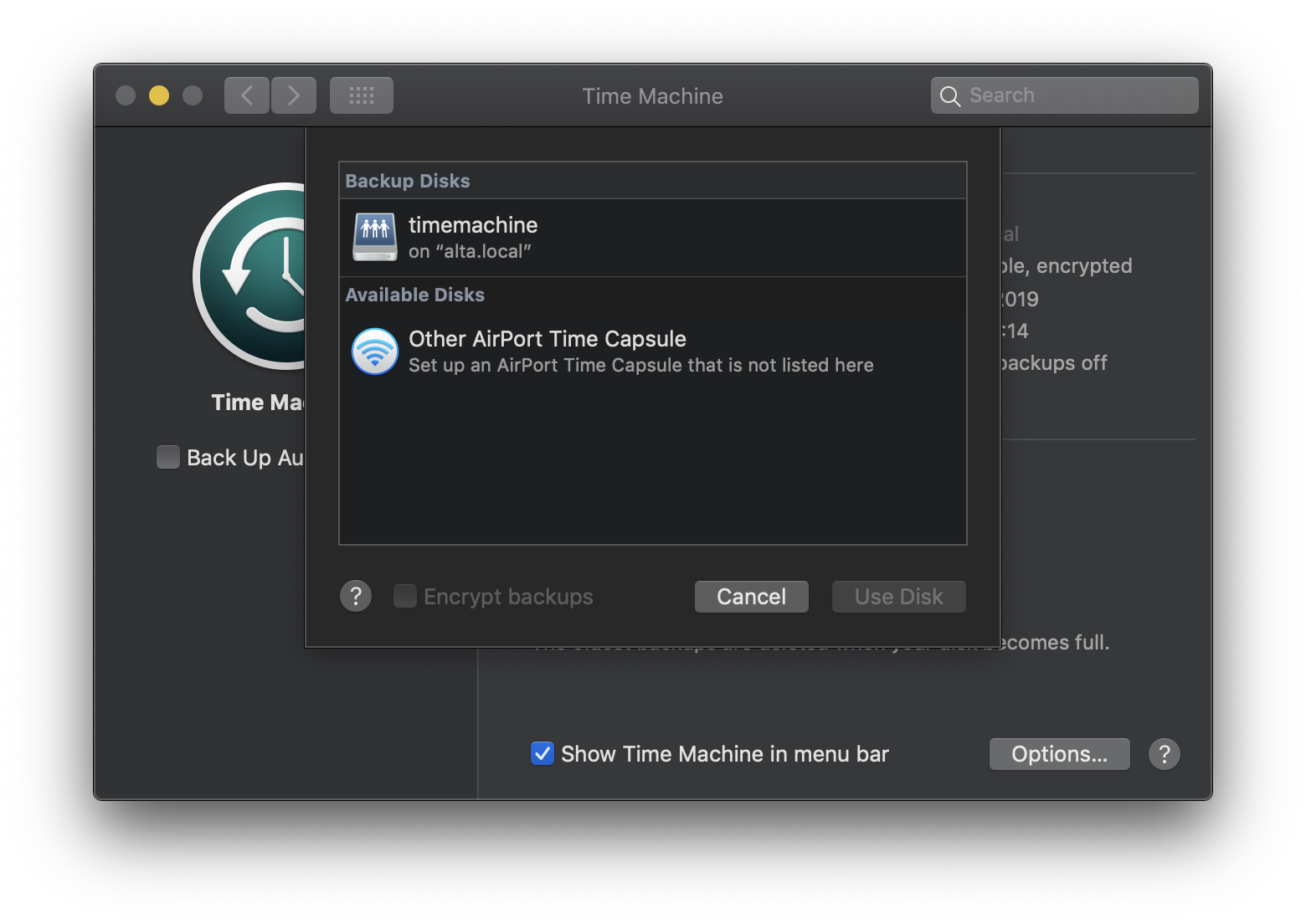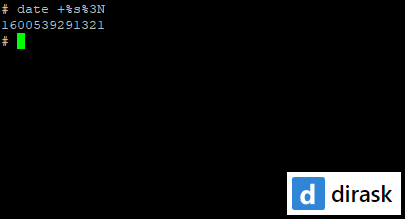
The advice that is always given to ensure its optimal operation is to always have the latest version of macOS available.
#BASH ON MAC GET TIME IN MILLISECONDS SOFTWARE#
The software can clearly interfere with the Mac startup process regardless of whether it is in beta. If you want to rule out that this is the problem, go back to a stable version of macOS. A beta version can be more or less unstable, having bugs of all kinds, including a slower start-up process. If you are a developer and you are testing a beta on your Mac computer, keep in mind that this could be the culprit that the operating system loads slower. Remember that you can see the space occupied in About this Mac> Storage, where shortcuts are also offered to delete the files that are taking up the most space. and more specifically during the ignition process.
#BASH ON MAC GET TIME IN MILLISECONDS FREE#
Regardless of the size, in the end it also influences the fact of having a lot of data stored, so it is recommended that you observe how much storage the Mac has and, if you see it appropriate, free up disk space in order to improve performance in general. While it is most visible on HDDs, it is also true for SSDs and Fusion Drives. Threading with all of the above, it must be said that the greater the capacity of the disk, the longer it will take to boot, even if it does not have all the memory occupied. Although it will depend on the exact model, in most cases we find that the HDD is still the main disk, while the SSD occupies a smaller part and therefore, for practical purposes, it ends up working in the same way as hard drives and, therefore, it can generate a greater slowness when starting the Mac. The third in contention is Fusion Drive, a mixed storage system that some Macs still carry. Is it possible that having an SSD the Mac starts slower than with an HDD? Perfectly and in later sections we will comment on the reasons, but as a general rule they are usually devices that make the macOS startup task faster. These discs generally use flash memory to store data and ultimately provide greater durability than others and a higher data load speed. These acronyms stand for Solid State Drive, which means that it is a solid disk. If your computer mounts one of these discs, it is likely that it will start slower in most of times than if I had an SSD. The main problem that these types of discs represent is their reading and writing speed, something that affects precisely everyday actions such as turning on the Mac. We popularly tend to think that they are all hard drives, but this is not true.


Hard Drive Disk is the acronym for this abbreviation which in Spanish would come to mean “hard disk” or “rigid disk”. Depending on which storage system you have, your computer may load slower. You can see what type of disk in the specifications of this or in About this Mac> Storage. The physical disk in which all the information of the Mac is stored can be HDD, SSD or Fusion Drive that ends up being a mixture of both, although the trend is that most already incorporate SSD.

If nothing else fails, don’t obsess It depends on the type of storage disk.It could be a problem with the motherboard.Be careful if you are in a beta of macOS.


 0 kommentar(er)
0 kommentar(er)
